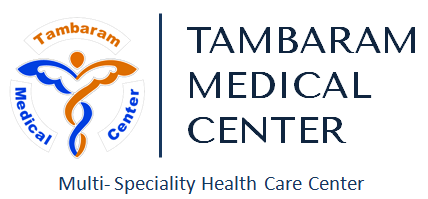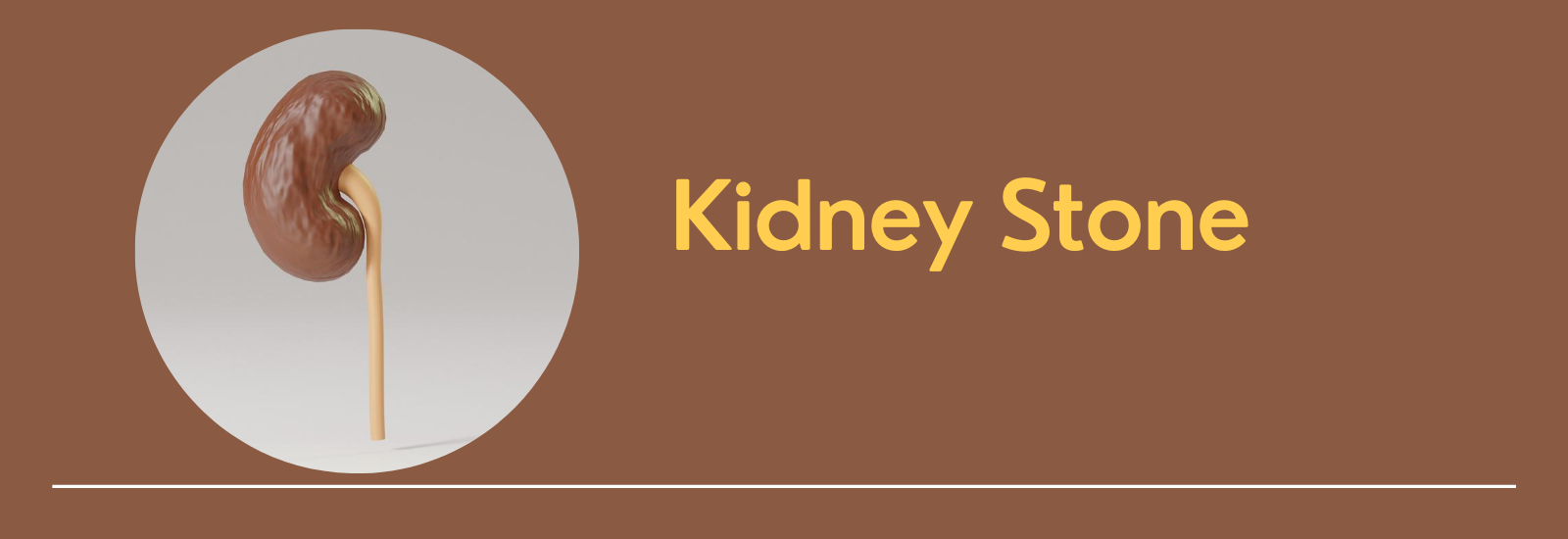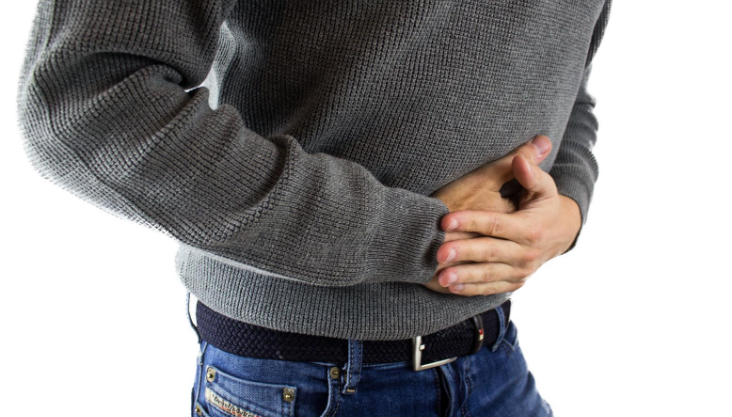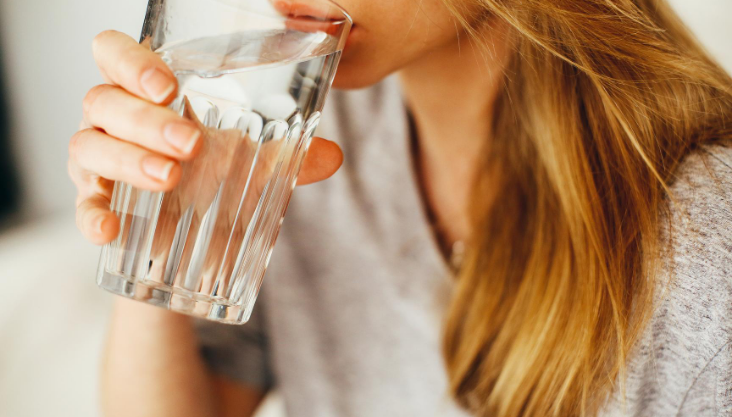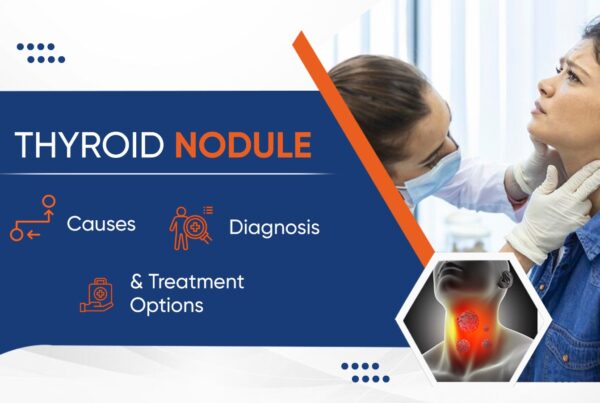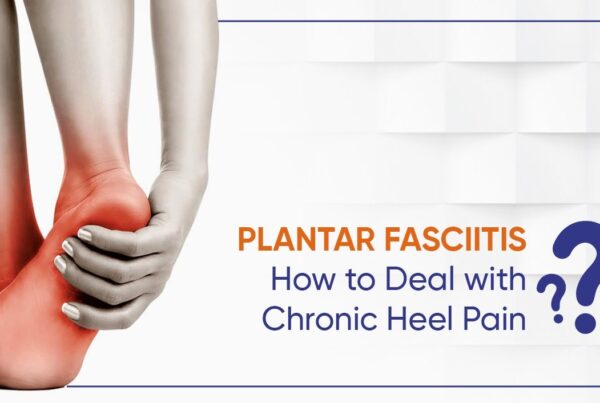Table of Contents
Kidney Stone – Types, Causes, Symptoms, Prevention, & Treatment
The kidney stones are crystalline solid mass. Generally, kidney stones start in the kidneys. They could also grow throughout your urinary tract, which contains these parts. Everyone can get a kidney stone, some are just more prone to get it than the others. Men develop kidney stones more frequently than females.
What are the causes of Kidney stones?
Some of the reasons for kidney stone are:
- Your water intake is less than your recommended intake.
- Genetics, someone in your family had a Kidney stone.
- You are obese. The pathophysiology of stone formation in obese patients is related to insulin resistance and dietary factors. Insulin resistance changes the synthesis of renal acid-base, which leads to lower urinary pH, and the threat of kidney stones.
- Your diet is rich in protein and contains high doses of sodium and sugar.
- Polycystic kidney disease is a genetic disease that causes cysts to grow on your kidney, which in turn causes kidney enlargement.
- You take medicine like diuretics or a calcium-based antacid.
- People requiring gastric bypass surgery encounter changes in urine composition, which enhances their chance of developing kidney stones.
Kidney stones are much more common in patients with inflammatory bowel disease than in the general public. The decrease in urinary volume is likely one of the leading risk factors along with the reduction of low molecular weight inhibitors, which is a regular find in all patients with IBD.
Primary hyperparathyroidism is a chronic disorder triggered by excessive secretion of the parathyroid hormone. It triggers calcium kidney stones.
Symptoms of kidney disease
The symptoms of kidney disease may vary according to the size of the stone. If the stone is small, you may not experience any symptoms. But if it’s a larger stone, some symptoms may be experienced.
- Pain or burning sensation while urinating.
- Pain in the back or abdomen.
- Blood in urine
- Nausea and vomiting
- Murky or stinking urine
- Chills
- Less urine each time
- Nausea
- Fever
Types of kidney stone
The stones in the kidneys are composed of various grains.
Calcium
The most popular stones are calcium. They are sometimes made of oxalate-calcium. Eating fewer foods rich in oxalates will reduce the risk of having this form of stone. While some kidney stones are formed from calcium, having sufficient calcium in the diet will avoid the development of stones.
Uric Acid
This form of kidney stone is far more widespread among males than females. It may occur in people with gout or those receiving chemotherapy. It develops if urine is far too acidic. Foods high in purines will increase the amount of acidity in urine. Purine in animal products such as fish, shellfish, and meats is a colorless material.
Struvite
This sort of stone is found primarily in females with urinary tract infections. These stones are big and can create a blockage to the urine. It triggered kidney infection.
Regulation of an underlying infection can avoid the formation of struvite stones.
Cystine
Cystine is an uncommon stone. They appear in both males and females with cystinuria, a genetic disorder. Cystine is an acid that happens naturally within the body, escapes into urine from kidneys.
Preventing kidney stone
Having enough fluids a day is a great way to stop most kidney stones. Generally, people should drink 8 to 12 glasses of fluid a day. Ask your doctor how much fluid you will have every day if you already have kidney disease and have to restrict fluids.
Limiting your diet on sodium and animal protein can also help avoid kidney stones. When the doctor can figure out what the kidney stone is made of, they would be able to give you detailed dietary guidelines to help avoid potential stones of the kidney. If you have a medical condition that increases your risk of having kidney stones, your doctor can advise you to take medication to treat this condition.
Problems caused by kidney stones
Stones may not remain in the kidney whatsoever. Occasionally, it moves through ureters from the kidney. Ureters are small and fragile, the stones too big to comfortably pass down the ureter to the bladder. The passage of stones through the ureter may trigger spasms and ureter discomfort. It allows blood in the urine to turn up. Stones often obstruct the flow of urine. It is considered a blockage to the bladder. Urinary obstructions can cause renal infection and injury to the kidneys.
Treatment for Kidney stones
A kidney stone diagnosis depends on the size of the stone, what that’s formed of, whether it causes discomfort or whether it blocks the urinary tract. Your physician may ask you to get a urinalysis, blood test, x-ray, or CT scan to answer these questions and find out the best therapy for you.
If your test shows that your kidney stone is tiny, your physician can advise you to take pain meds and drink lots of water to aid your urinary tract to pass the stone through. If your kidney stone is high, or if it blocks your urinary tract, you may need more treatment.
One choice for treatment is shock wave lithotripsy. The therapy involves shock waves to split up small parts of the kidney stones. During the procedure, the tiny fragments of the kidney stone move through your urinary tract and out of your body. This operation typically takes 45 minutes to an hour and should be performed under general anesthesia.
The next treatment option is ureteroscopy. A short wire introduced in the urethra with a camera mounted and moved into the bladder. The doctor then snags the stone in a tight cage and extracts it. The stone is sent for examination in a lab.
In Percutaneous nephrolithotomy, a surgeon will remove the stones in the rear using a tiny incision. An individual will need an operation in case for the following reasons.
1. The stone causes blockage and inflammation.
2. In case there is a threat to kidney health.
3. The stone is too large to pass through
4. Pain becomes unbearable
Are you having pain in your stomach and bleed while urinating?
Do you feel the pain unbearable?
Tambaram Medical Center has the best of the scan facility to assess you and our specialist Doctors will help you to get rid of pain and to stay fit.
